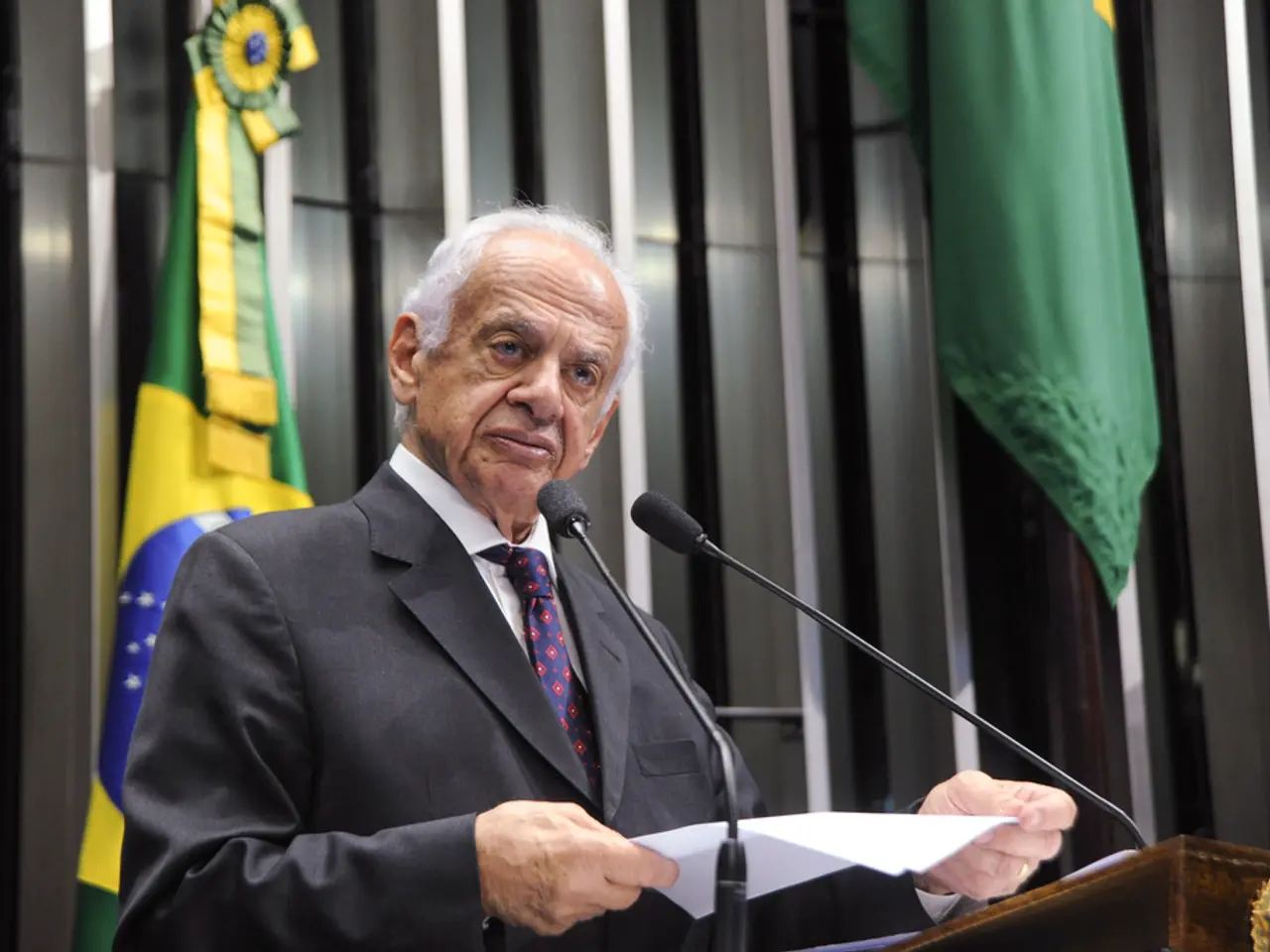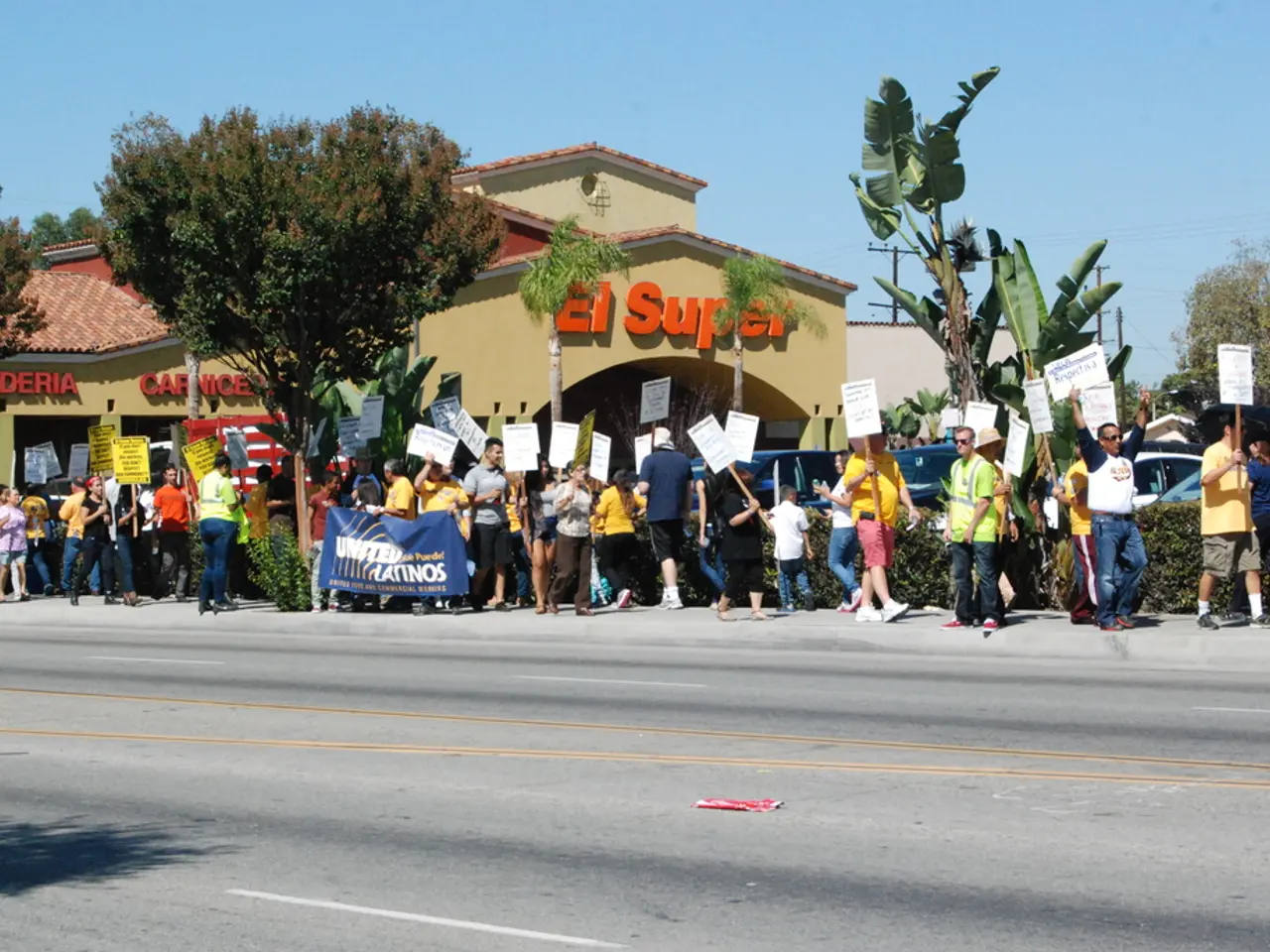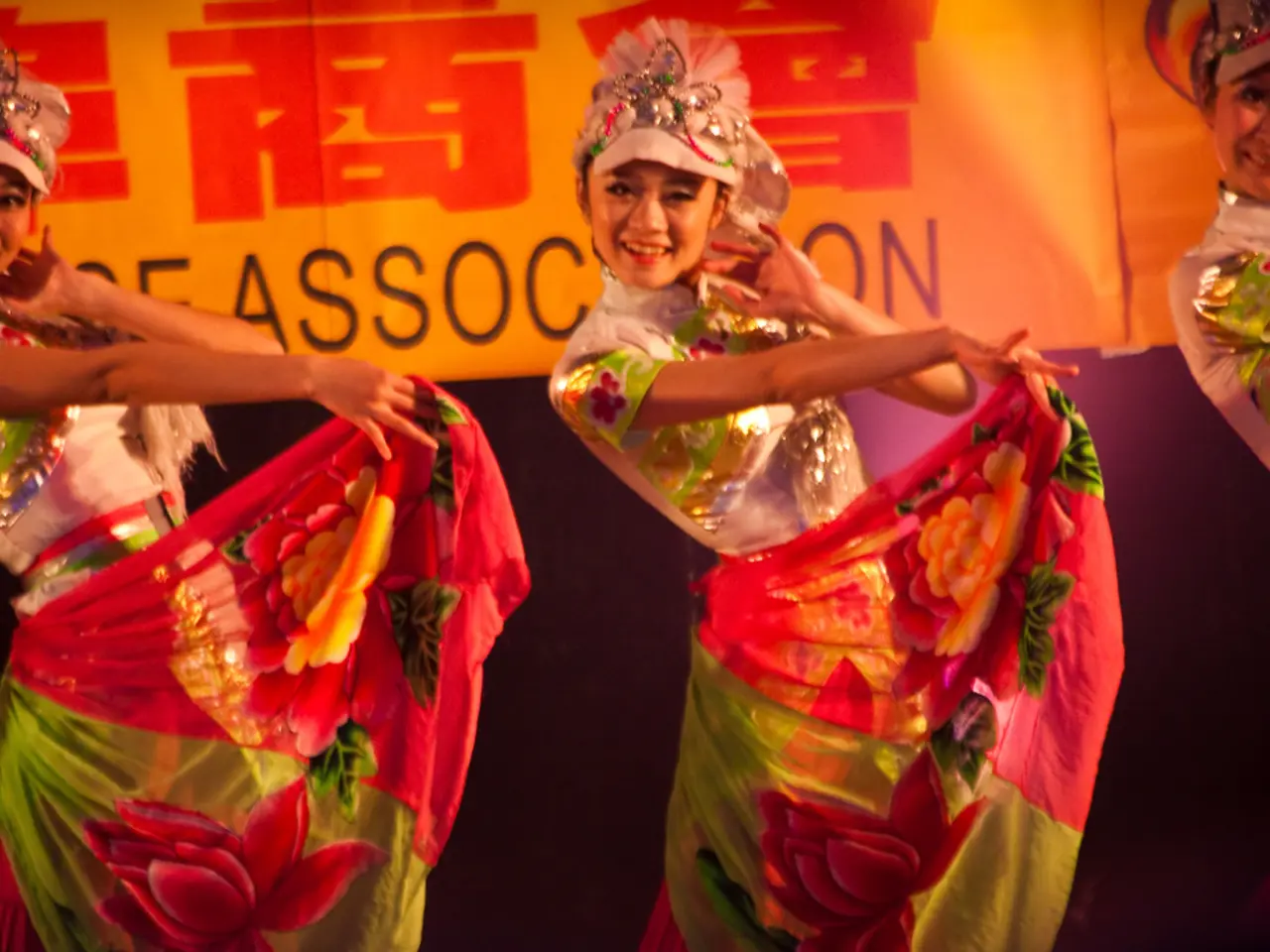Non-Native Americans are migrating to Native American reservations.
In recent times, there has been a concerning trend of right-wing radical groups in various countries, including Germany, South Africa, and the UK, pursuing the establishment of "racially pure" settlements. These settlements, often referred to as "alternative villages" in the case of the Woodlanders' project in the UK, are planned to be built across the country.
Legal Implications
The legal landscape in the UK, guided by the Equality Act 2010, provides a robust framework to protect individuals from discrimination based on race, ethnicity, or national origin. However, discussions around renters' rights bills and increased scrutiny in employment tribunals highlight the need for explicit protections against racial discrimination, particularly in the private rented sector and bonus cultures that may disadvantage certain racial or ethnic groups.
In other countries, such as Finland, strong legal protections against racial discrimination exist, but communities still face systemic barriers.
Social Implications
Racially exclusive policies exacerbate existing inequalities, affecting housing security and economic opportunities for racialized households in the UK. There is a growing awareness of the need for more inclusive language and discussions around race and ethnicity in legal and social contexts.
Countries like Finland actively promote intercultural dialogue and protect minority rights, yet still face challenges in addressing systemic inequalities, particularly in areas such as immigration and diversity.
The Woodlanders' Project and Beyond
The Woodlanders' project, led by known neo-Nazi activist Simon Birchall, aims to create a "parallel society" isolated from the "degenerate" mainstream society. The group has raised funds through crowdfunding for an "experimental" settlement in Wales, with plans to expand across the UK.
Similar projects are underway in other parts of the world, such as Arkansas' "Return to the Land" group and all-white settlements in Russia. The common ideology shared by these settlements is a desire for neighbours who are culturally similar, of the same social status, and share their views on life.
The inhabitants of these settlements in the UK live in a socially homogeneous environment but are not completely isolated from society, going to work, shopping, and sending their children to regular schools. However, incidents of pressure from migrants, such as the recent bullying of a 12-year-old girl wearing a British flag dress in a British school, highlight the potential for social tension.
In 2024 alone, approximately 431,000 migrants arrived on the British Isles, contributing to the diversity of the country but also potentially fuelling the desire for these exclusive settlements.
Conclusion
Racially exclusive settlement projects amplify existing social and economic disparities, necessitating legal reforms that explicitly address racial discrimination. Countries like Finland demonstrate strong legal frameworks but still face challenges in ensuring equal opportunities for all. These settlements, while potentially hiding from disapproving citizens, may resemble condominiums more than reservations, raising concerns about their long-term social and political implications.
- In light of the Woodlanders' project in the UK and similar initiatives in other countries, it's crucial to strengthen legal protections against racial discrimination, especially in the private rented sector and bonus cultures, to prevent the formation of racially exclusive settlements.
- While Finland has strong legal protection against racial discrimination, the existence of systemic inequalities in areas like immigration and diversity requires continued efforts in promoting intercultural dialogue and protecting minority rights.








